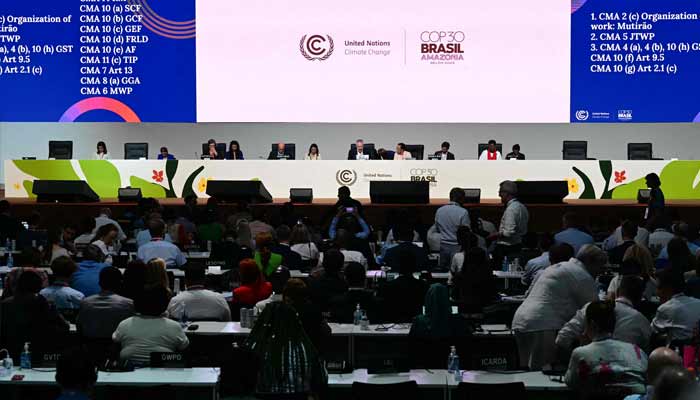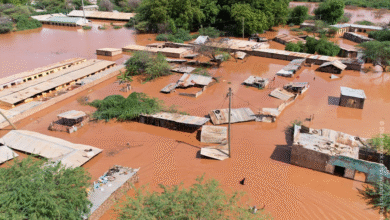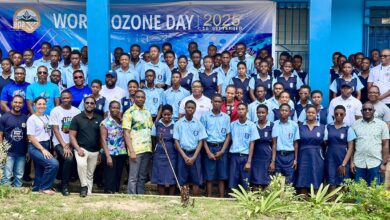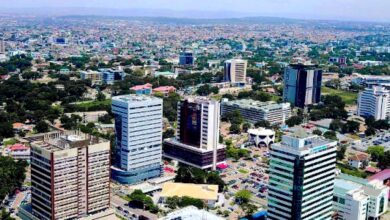
Brazil’s COP30 presidency secured a compromise climate deal on Saturday that increases funding for countries vulnerable to climate change but leaves unresolved the central dispute over fossil fuels.
The agreement was finalised after extended negotiations and aims to direct more support to poorer nations already struggling with the effects of rising temperatures. However, the outcome reignited concerns among delegates who had demanded strong commitments on reducing the use of coal, oil and gas.
UNFCCC Executive Secretary Simon Stiell acknowledged the mixed reactions but praised delegates for maintaining engagement during a difficult year marked by geopolitical tensions and uneven global cooperation. He said countries had shown that climate diplomacy remains active even if progress is uneven.
Brazil Secures Deal Amid Growing Frustration
The talks in Belém continued past the deadline as countries argued over final texts. Brazilian COP30 President André Correa do Lago told delegates he recognised that some countries had hoped for a more ambitious outcome but said consensus had been essential to keep the process moving.
Colombia, Panama and Uruguay made objections before the final gavel, pointing to the absence of any wording on fossil fuels. After procedural consultations, Brazil confirmed that the decisions as adopted would stand.
Colombia’s negotiator said her country could not support an agreement that overlooked the central driver of global emissions and warned that decisions taken without acknowledging scientific evidence risk undermining the credibility of the process.
Russia rejected those objections and criticised some delegations for complicating the final stages of the talks, drawing a strong response from several Latin American countries who defended their positions.
The three dissenting countries were objecting to one of the technical negotiating texts rather than the broader political decision but insisted that the issue of fossil fuels could not be overlooked.
Fossil Fuel Debate Moved to a Separate Text
Saudi Arabia and several other oil producers opposed any reference to fossil fuels in the main agreement. After protracted discussions, Brazil said the presidency would issue a separate text on fossil fuels and another on forest protection because there was no consensus to place them in the core deal.
Brazil encouraged countries to continue discussions on the subjects in future sessions.
Focus on Finance and Adaptation
The COP30 agreement calls for wealthy nations to triple adaptation finance by 2035 and includes a voluntary initiative to accelerate national action to meet existing emissions reduction pledges.
Developing countries stressed that additional funds remain critical as they face rising sea levels, stronger storms, heat waves and worsening droughts. Avinash Persaud of the Inter American Development Bank said the finance package was important but noted that support for countries facing climate loss and damage still falls short of urgent needs.
Sierra Leone objected to the list of indicators countries must track when preparing for climate impacts. Its climate minister said the indicators were unclear and not reflective of what experts had recommended.
Wider Climate Negotiations to Continue
The summit also launched a process for climate bodies to review how global trade policies can align with climate action at a time when new trade barriers risk slowing the shift to cleaner technologies.
While the final agreement keeps climate cooperation on track, it leaves unresolved the most contentious issues. Countries depart Belém with commitments on finance and new work programmes but without a shared plan for dealing with fossil fuels, the main source of global emissions.
Delegates acknowledged that although important steps were taken, significant work remains ahead of the next round of negotiations.




